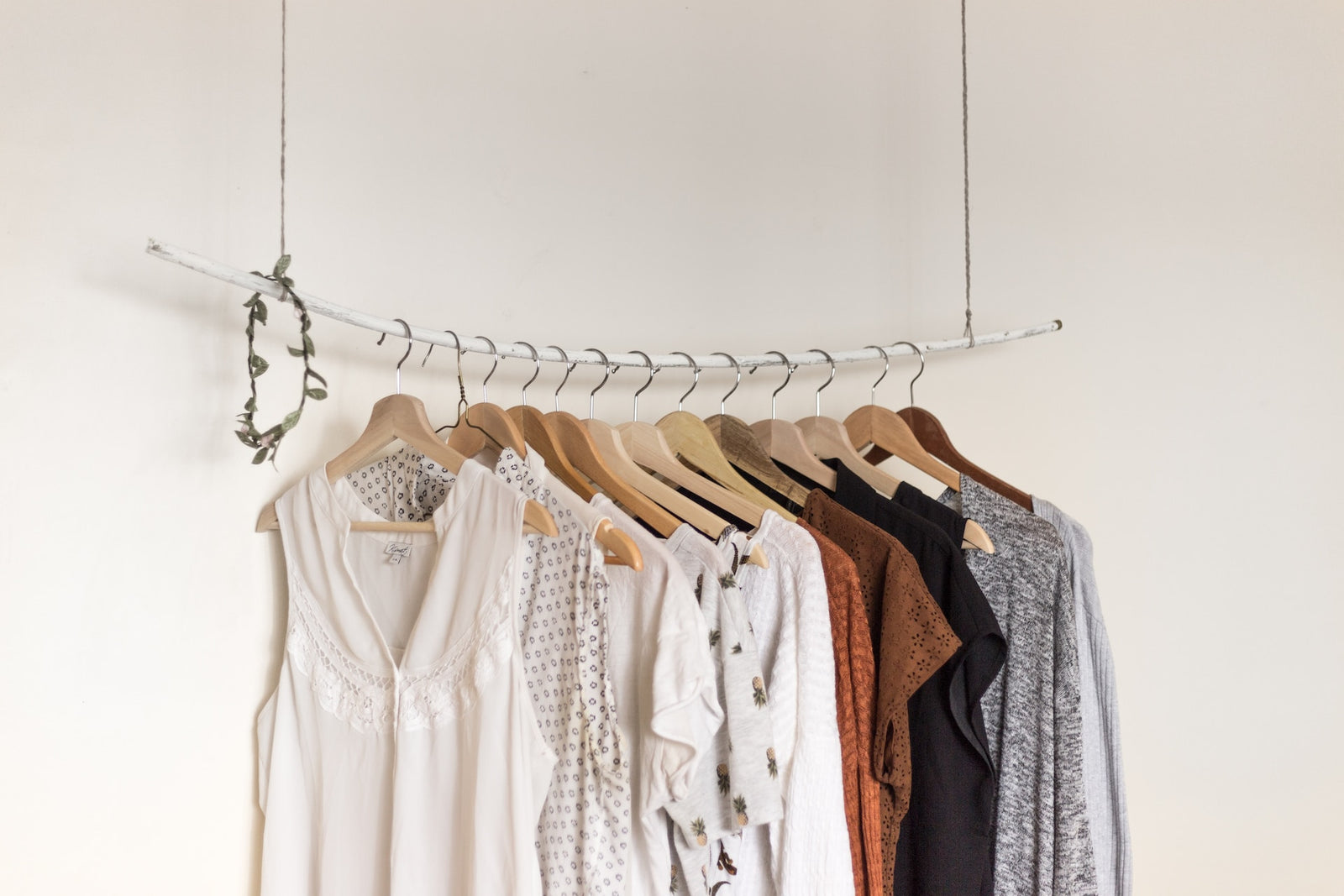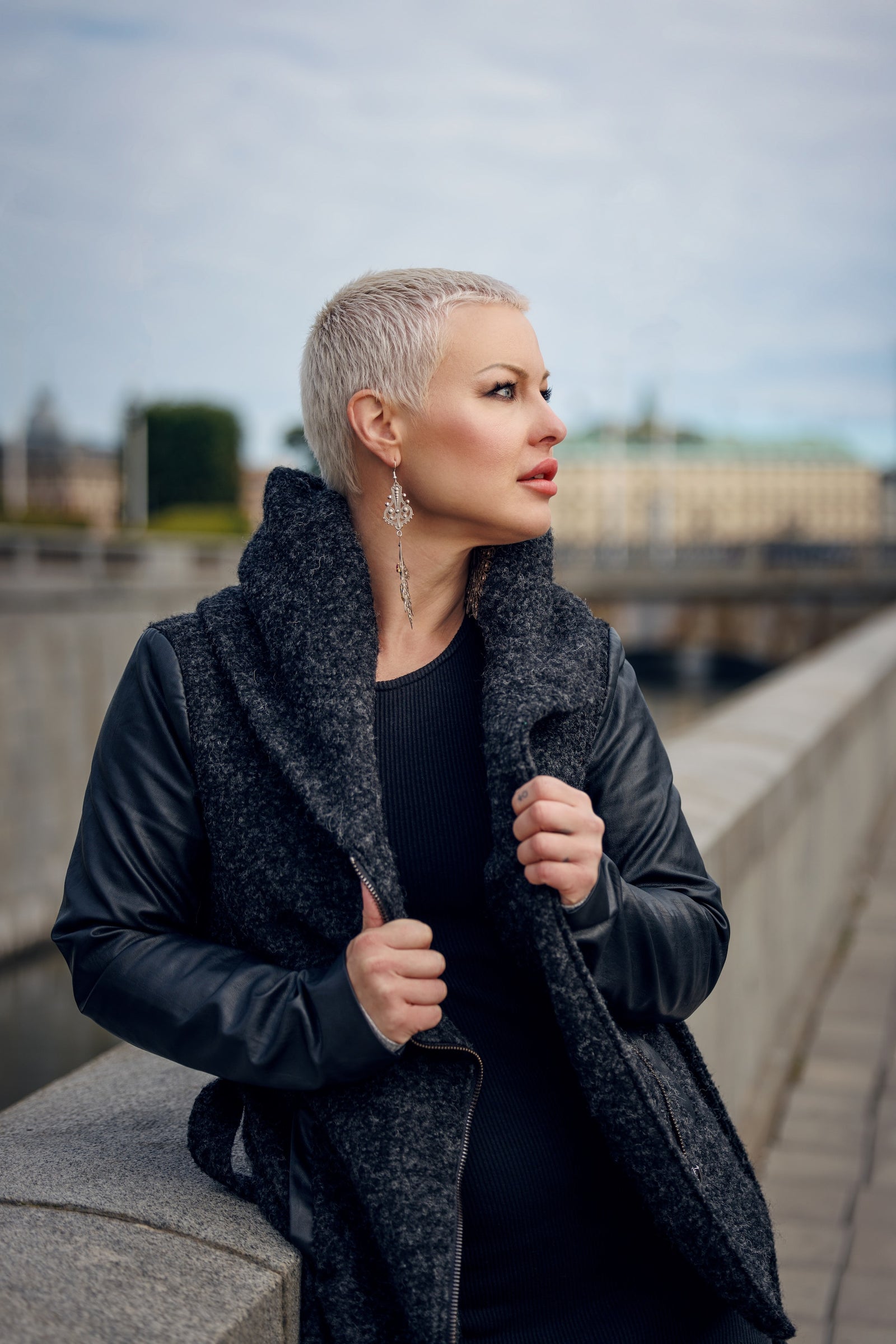In recent years, there has been a growing awareness of the alarming environmental impact of the fashion industry. One of the ways in which the industry is trying to become more sustainable is through the use of deadstock fabrics. These are fabrics that are leftover from production runs and are often sold off at a discount. In this blog, we will explore why deadstock fabrics are a sustainable option.
What Are Deadstock Fabrics?
Deadstock fabrics are essentially unused fabrics that are left over from production runs. These fabrics may be surplus inventory, end-of-line fabrics, or fabrics that were never used in production.
In the past, these leftover fabrics were often discarded or sent to landfills, which is a huge waste of resources and harmful to the environment. However, in recent years, there has been a shift towards using deadstock fabrics in the fashion industry, as they offer a sustainable alternative to producing new fabrics. Deadstock fabrics are often sold off at a discount to make room for new fabrics, and they provide an opportunity for fashion brands and designers to use high-quality materials that might otherwise go to waste.
Why Are Deadstock Fabrics Sustainable?
1. Reducing Waste
One of the main reasons why deadstock fabrics are considered sustainable is because they help to reduce waste. By using fabrics that would otherwise be discarded, we are reducing the amount of waste that goes to landfill. This is important because textile waste is a significant environmental issue, with many textiles taking years to decompose.
2. Reducing the Need for New Materials
Another reason why deadstock fabrics are sustainable is that they reduce the need for new materials. By using fabrics that already exist, we are reducing the need for new resources to be extracted and processed. This helps to conserve natural resources and reduce the carbon footprint of the fashion industry.
3. Encouraging Innovation
Using deadstock fabrics can also encourage innovation in the fashion industry. Designers are challenged to create garments using materials that are not necessarily designed for their intended purpose. This can lead to new and creative designs for clothes, fashion pieces, and tailored fit suits for women that are sustainable and unique.
4. Supporting Small Businesses
Many deadstock fabrics are sold by small businesses or independent sellers. By using deadstock fabrics, we can support these businesses and help to create a more diverse and sustainable fashion industry.
5. Reducing Pollution
The production of new fabrics can be a significant source of pollution, particularly in countries where environmental regulations are lax. By using deadstock fabrics, we are reducing the need for new fabric production and, in turn, reducing the amount of pollution generated by the fashion industry.
Conclusion
Deadstock fabrics are a sustainable option for the fashion industry. By using fabrics that would otherwise be discarded, we are reducing waste, conserving natural resources, and supporting small businesses. Furthermore, using deadstock fabrics can encourage innovation and creativity in the fashion industry. As consumers, we can support the use of deadstock fabrics by seeking out brands that use them and by purchasing second-hand clothing. By doing so, we can help to create a more sustainable and environmentally friendly fashion industry.
Bastet Noir is a sustainable clothing label based in Macedonia that specialises in custom-made clothing. We make it our mission to create timeless and unique pieces using deadstock fabrics, recycled materials, and sustainable production methods. Our team of skilled artisans creates each garment with attention to detail and quality, ensuring that our customers receive one-of-a-kind clothing that is both eco-friendly and fashionable. Shop our collection of custom-made, sustainable clothing and accessories today.

The concept of a capsule wardrobe has become synonymous with minimalist, versatile,...
Bastet Noir's Ultimate Guide to Building Your Custom-Made Capsule Wardrobe

Fashion holds power, not just in the way it makes us feel or how it expresses our p...

